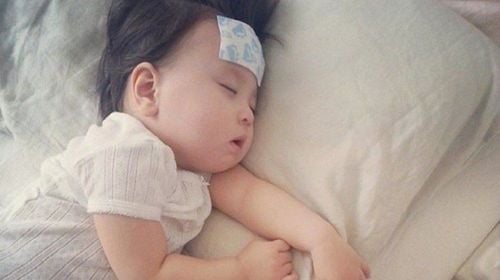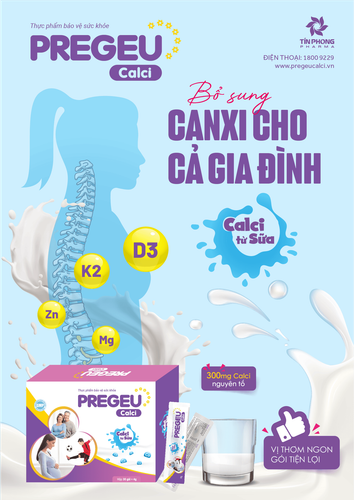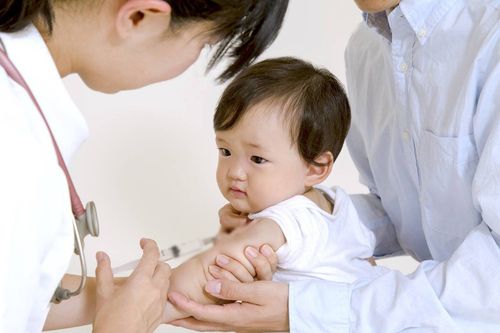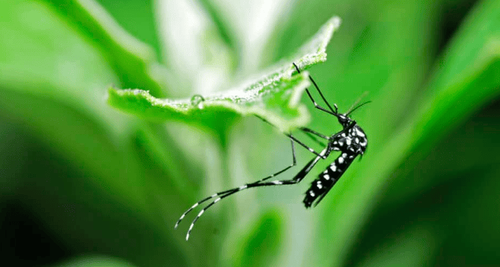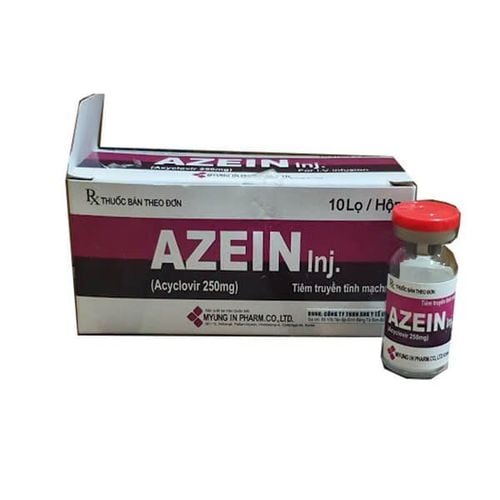This is an automatically translated article.
Symptoms of Japanese encephalitis in children are often difficult to recognize, mainly vomiting, crying, and body stiffness. The most common cause of disease is mosquitoes that bite infected livestock and poultry and from there transmit the virus to the patient.1. Children's risk of Japanese encephalitis
The risk of an annual outbreak of Japanese encephalitis is usually highest during and after the rainy season. For this disease, people of any age can get the disease if they do not have specific immunity to the virus that causes the disease. However, the target audience is usually children under 15 years old. Currently, the Japanese encephalitis epidemic has circulated in many parts of the world. In particular, Vietnam has a high prevalence of the disease in young children aged 5 to 9 years old.Adults are also at risk of infection if they have never been vaccinated, especially those who often travel, work, cooperate in labor in areas where Japanese encephalitis is endemic. If the infected person is not diagnosed, detected early and treated promptly, it will likely lead to death many days after the outbreak of Japanese encephalitis symptoms. Specifically, the mortality rate is usually around 30%. If the patient is lucky to save his life, about a third of cases will leave many severe neurological sequelae, such as paralysis, mental retardation, convulsions, epilepsy. In some severe cases, there may be loss of language ability or even speech, memory loss, involuntary abnormal movements such as shaking, body contortion, and stiffening of the body.
2. Causes of Japanese Encephalitis
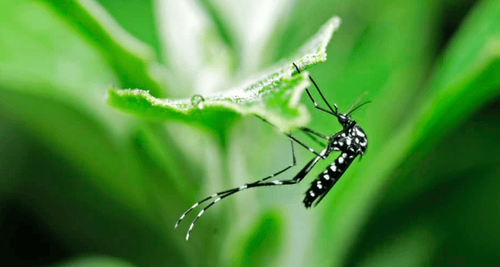
Nguyên nhân gây bệnh viêm não Nhật Bản thường là do vi rút truyền qua muỗi và động vật nhiễm bệnh
In our country, the mosquito that transmits this disease occurs mostly in the North, increasing much in the hot months. During the day, they often hide in the bushes in the garden around the house, at night they fly into the house to burn people, usually at sunrise or sunset from 18:00 to 22:00. Mosquitoes like to lay their eggs in rice fields and canals near where they live.
Japanese encephalitis is not capable of being transmitted directly from person to person. In daily activities, eating together, sharing utensils or being in close contact with sick relatives will not transmit the disease.
3. Symptoms of Japanese encephalitis in children

Trẻ bị viêm não Nhật Bản thường sốt cao kèm theo đau đầu, nôn hoặc buồn nôn
Typical symptoms in the full-blown phase are signs of disorders in the brain, meninges, and autonomic nervous system. In addition, the patient has a movement disorder, which is mainly expressed on the face, including facial muscle spasticity, eye turning, head turning, abnormal convulsions, hemiplegia, and aphasia.
Symptoms of Japanese encephalitis in the autonomic nervous system are often varied but are relatively severe, such as fluctuating body temperature, pale skin, increased sputum secretion, heart palpitations, abdominal distention, vomiting. vomiting, urinary retention, difficult bowel movements, respiratory disturbances or even sudden cessation of breathing. Psychiatric symptoms are mainly disturbances of consciousness with varying degrees of gloom, somnolence, lethargy to deep coma.
For young children, the symptoms of Japanese encephalitis are often atypical and more difficult to detect. Examination to determine clinical signs is often based on a number of important symptoms such as excessive vomiting, breathing disturbances, rigidity, inconsolable crying, or crying more often when being held or changed. posture.
4. Principles of disease prevention as recommended by the Ministry of Health
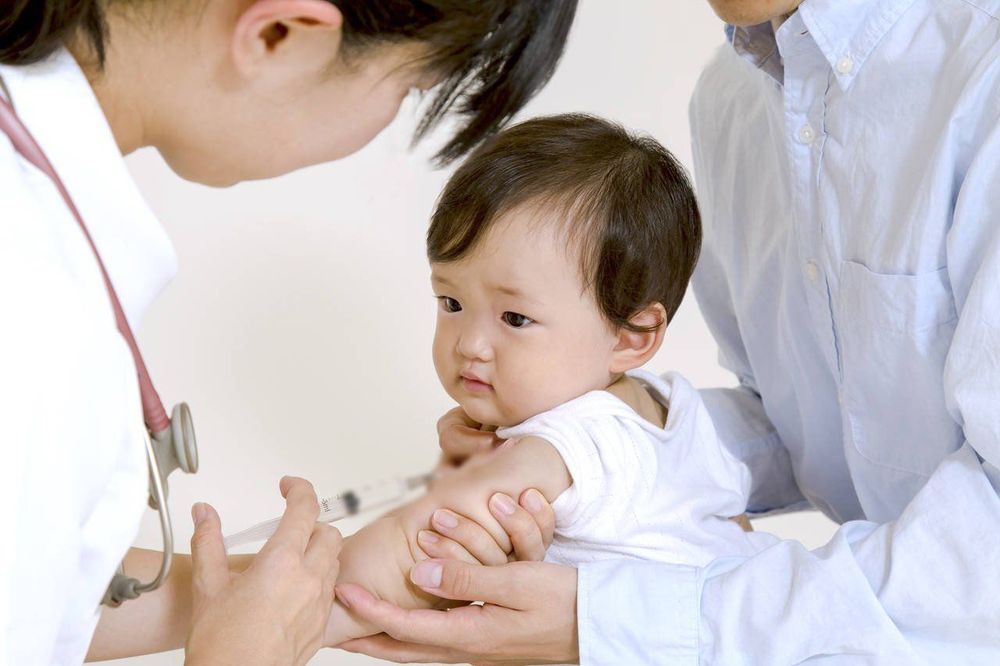
Tiêm vắc xin viêm não Nhật Bản đầy đủ và đúng lịch cho trẻ để phòng bệnh
Clean the environment, periodically clean the house, clean the cattle sheds to limit the breeding ground of mosquitoes. If possible, the livestock should be moved away from the house, away from the children's play and activities, eliminating the nests of larvae and standing water. Children should sleep under mosquito nets to avoid mosquito bites. measures to prevent and kill mosquitoes in households. Complete and timely vaccination against Japanese encephalitis. Vaccination is applied to adults and children of full age (from 12 months of age and older). Vaccinations need to ensure 3 basic doses: the first dose when the child is old enough, the second dose is given 1-2 weeks after the first dose, and the third dose is given after the second dose a year. Thereafter, the child should be given a booster shot every three years until the age of 15. Once infected, treatment is mainly focused on reducing symptoms of Japanese encephalitis. Actively vaccinating children and following the recommended Japanese encephalitis vaccination schedule is the most effective preventive measure.
Vinmec International General Hospital is currently providing a Package Immunization Program with a variety of vaccines for different audiences, from infants, young children, adults, women before and during pregnant.
Particularly in December 2019, Vinmec will give you free newborn Hepatitis B Vaccine (immunization right after birth) for your baby when you sign up for a Package Immunization Package for children aged 0-1 or 0-2 year old .
Please dial HOTLINE for more information or register for an appointment HERE. Download MyVinmec app to make appointments faster and to manage your bookings easily.




